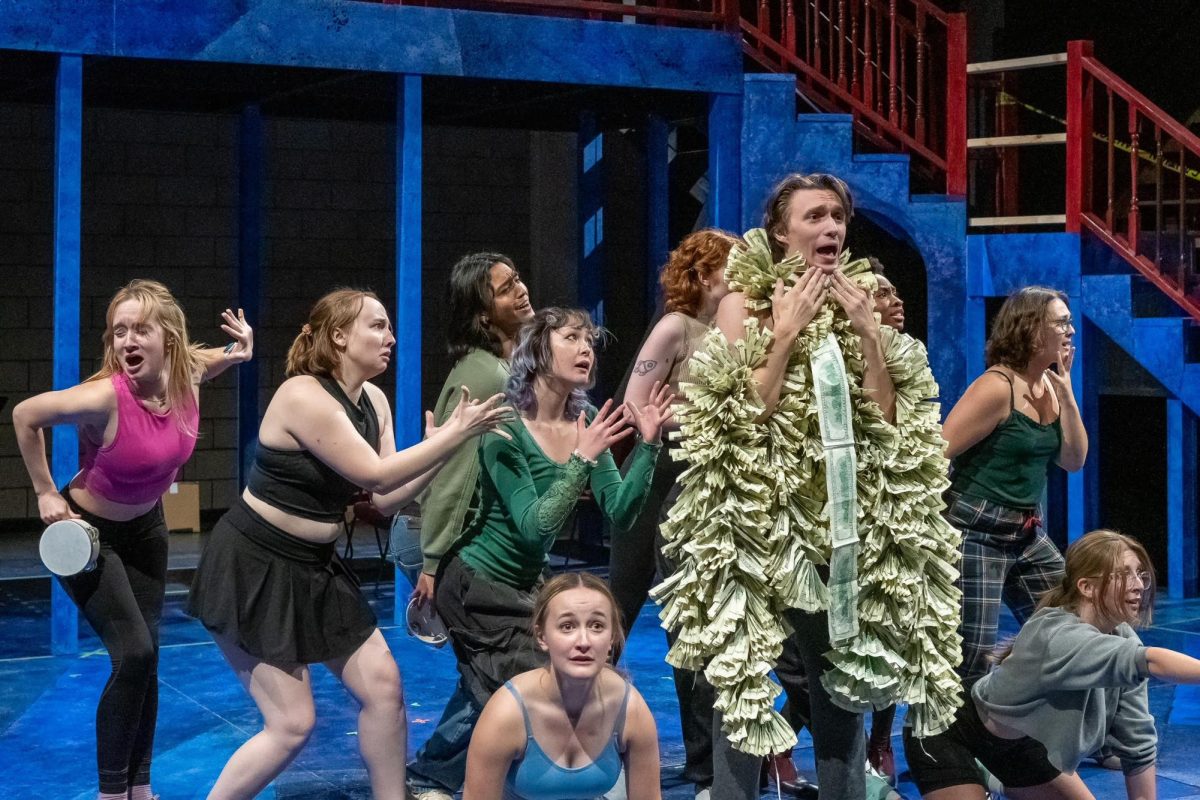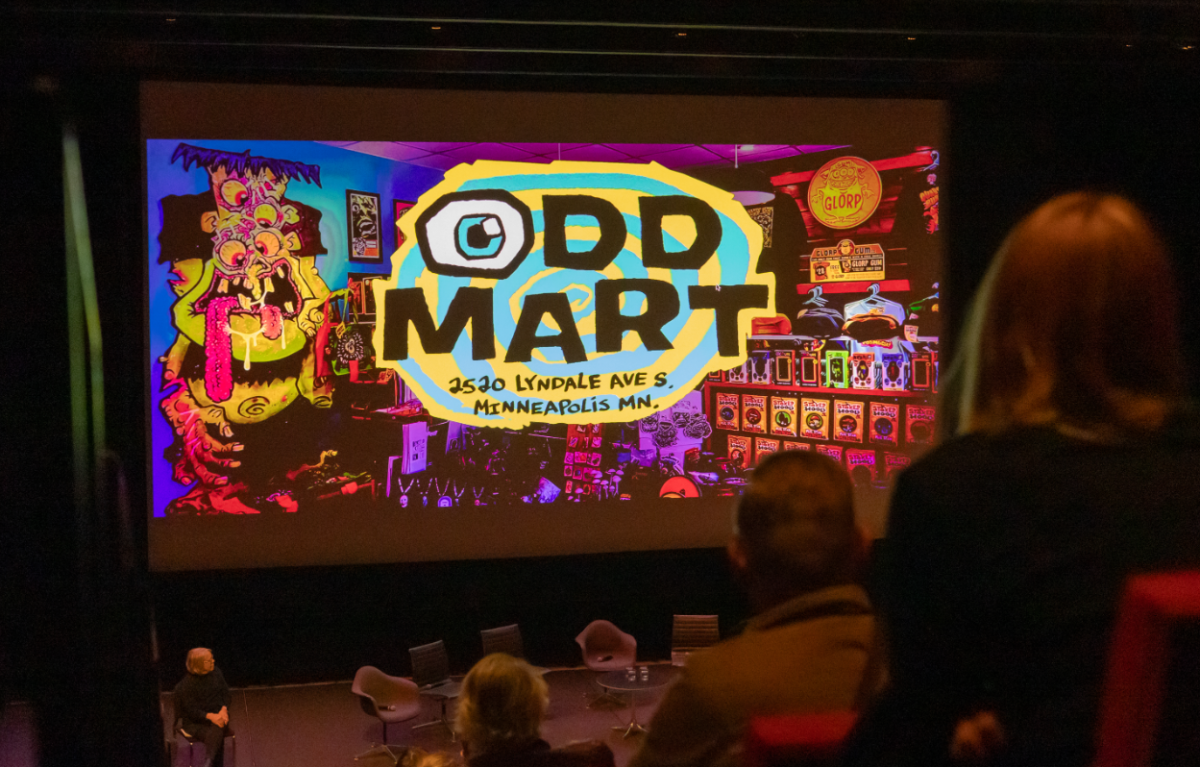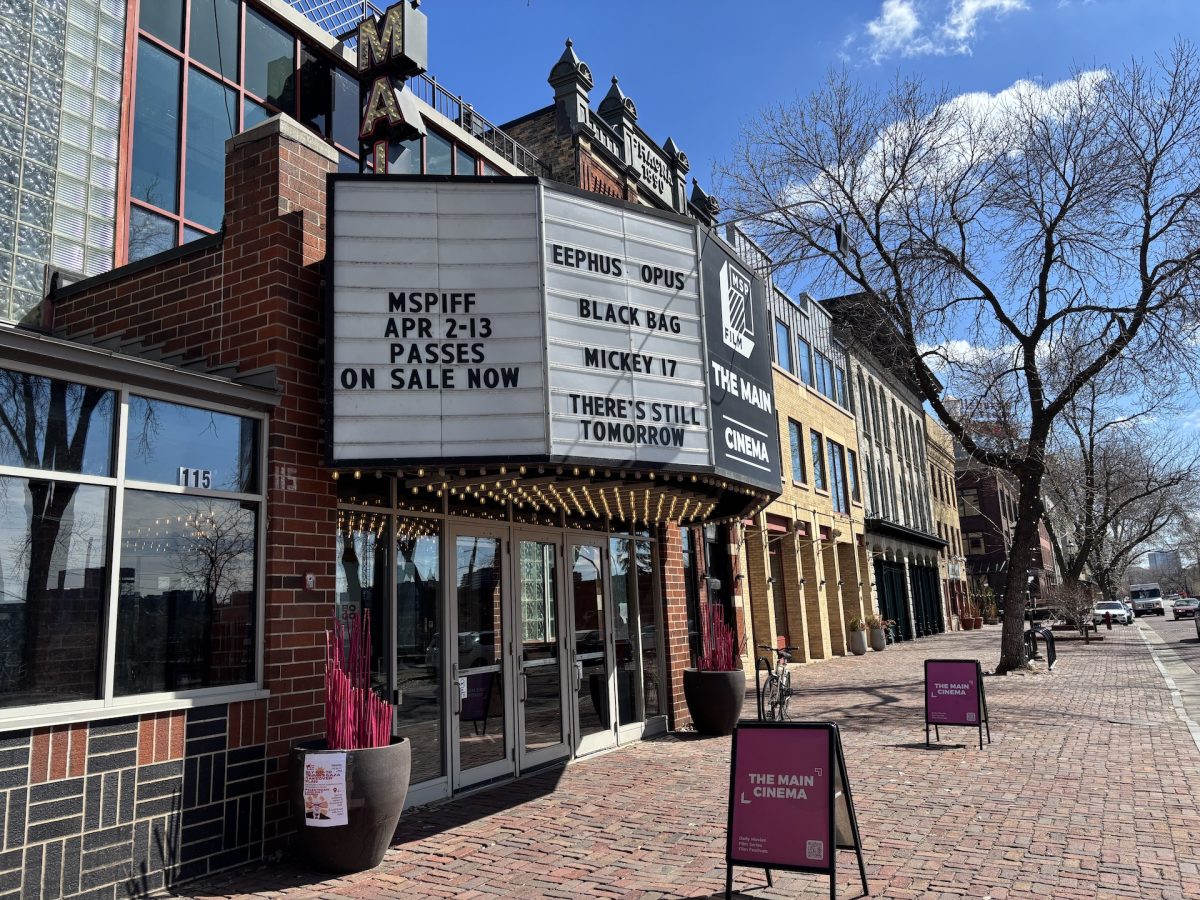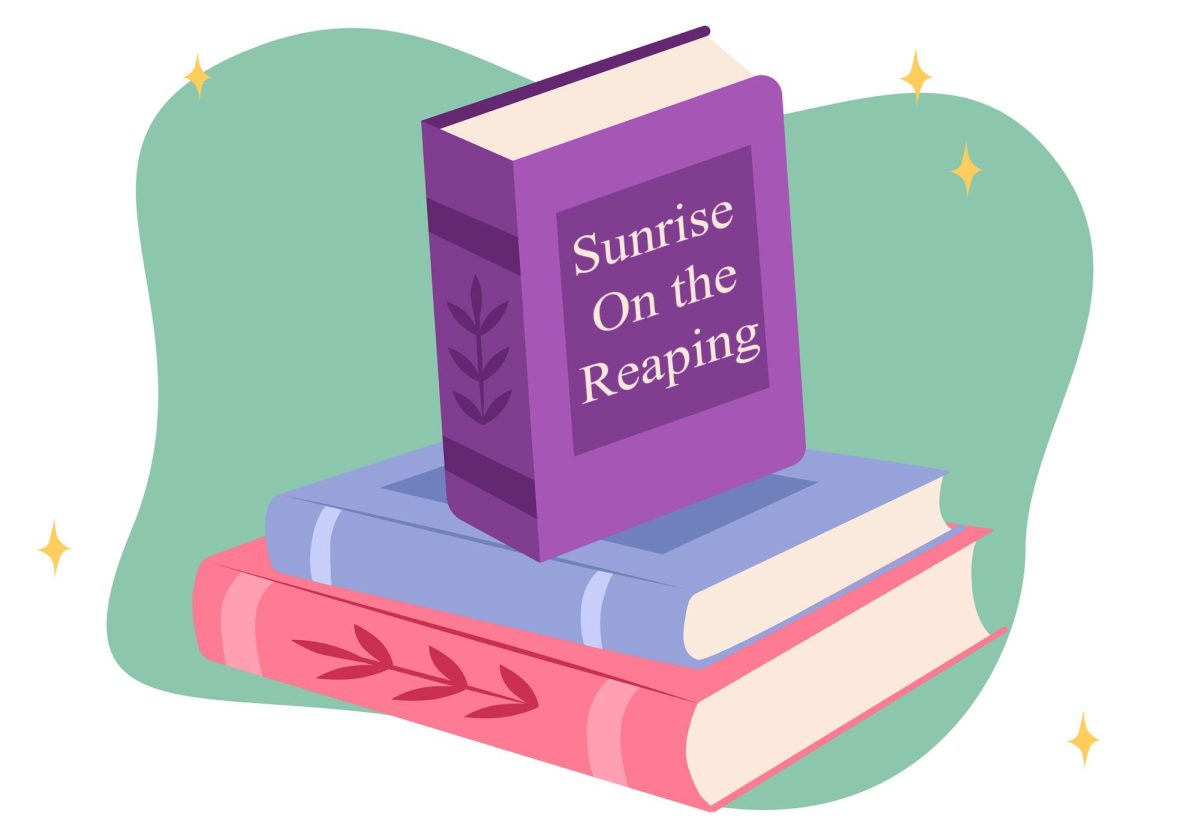The University of Minnesota will be opening its very own production of the hit Broadway musical “Cabaret” on Nov. 15, running until Nov. 24.
Set in Berlin during the Jazz Age, the play follows patrons of a cabaret called the Kit Kat Klub as they deal with the political turmoil of the dying Weimar Republic. The play is based on semi-autobiographical short stories by American author Christopher Isherwood.
Director Kym Longhi said all of the play’s characters struggle to come to terms with the reality of their lives under a fascist regime.
Cliff, the play’s main character, is a writer based on Isherwood. Like Isherwood, Cliff is a gay man who develops a close relationship with cabaret singer Sally Bowles.
As the story progresses and the Nazis begin closing clubs as they take power, characters reflect on how the changes will affect them. Many of the play’s characters are queer or Jewish, and their livelihoods are jeopardized by the rising fascist regime.
Assistant director Leo Newman said he wanted to take part in the show because of how relevant the themes of its story are today. He said although the story is specifically set in Berlin during the advent of World War II, the story’s themes of oppression and denial are universal.
What sets “Cabaret” apart from other musicals, Longhi said, is how it interacts with the audience, both directly and indirectly.
“It will shake up the passivity of the theater,” Longhi said.
She said this production aims to make the entire theater space feel like a cabaret by placing tables throughout the audience to make spectators feel like they are in a lounge and having cast members talk to attendees in character.
Longhi said making the musical an immersive experience is not only a way to make the play more entertaining, but also to provoke the audience into thinking about how the story reflects real life. She added that many of the themes present in the musical are still relevant topics today, despite the play originally being written in 1966.
“While it entertains, it also challenges,” Longhi said.
Newman said the juxtaposition between entertaining musical numbers, humorous comedic bits and the play’s tragic and difficult subject matter is at the core of its message.
“The show itself lures you into its world of beauty and fun, only to pull the rug out from under you and show you you know what’s really going on,” Newman said.
Longhi said the show is about denial and social responsibility. She said the lack of action on behalf of the main characters shows the audience the potential dangers of indulgence and escapism.
“No one does anything about what’s happening in their society,” Longhi said. “They just dance and drink.”
Unlike other musicals where the songs are often part of the story, many of the songs in “Cabaret” are conceptual, which means they comment directly on the story of the play. Longhi said the message of many musical numbers is aimed directly at the audience, in order to make them think about themselves.
Both Longhi and Newman said although the play is more than half-a-century old, it is relevant today, especially in the context of the 2024 election.
Tickets are available for purchase here.














